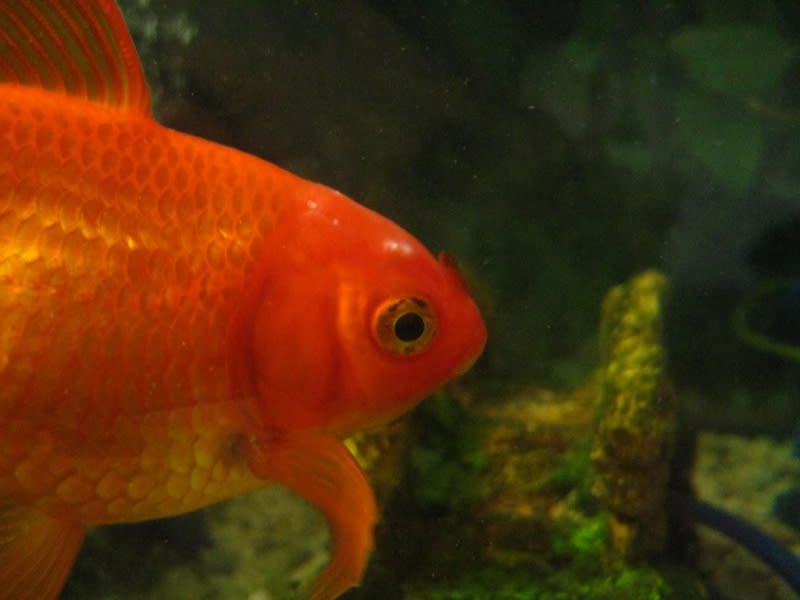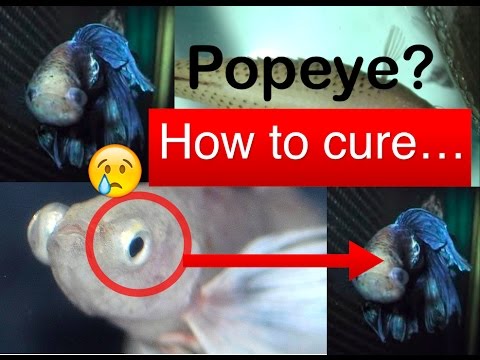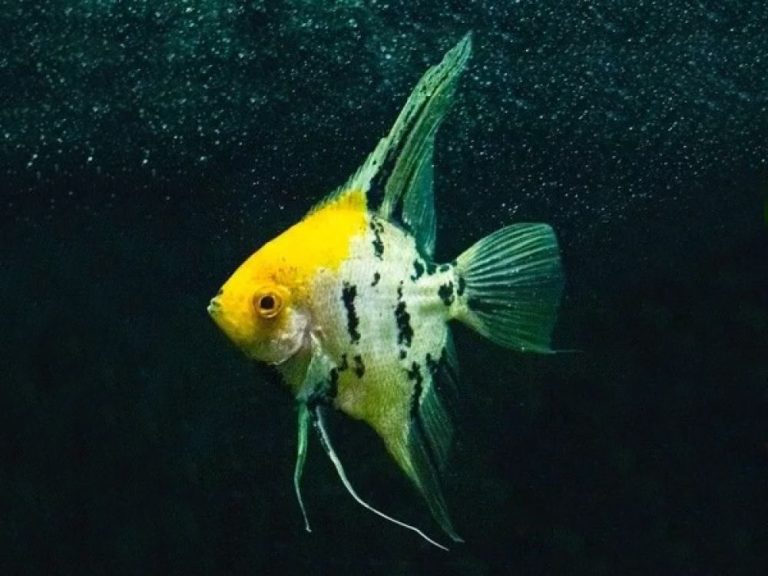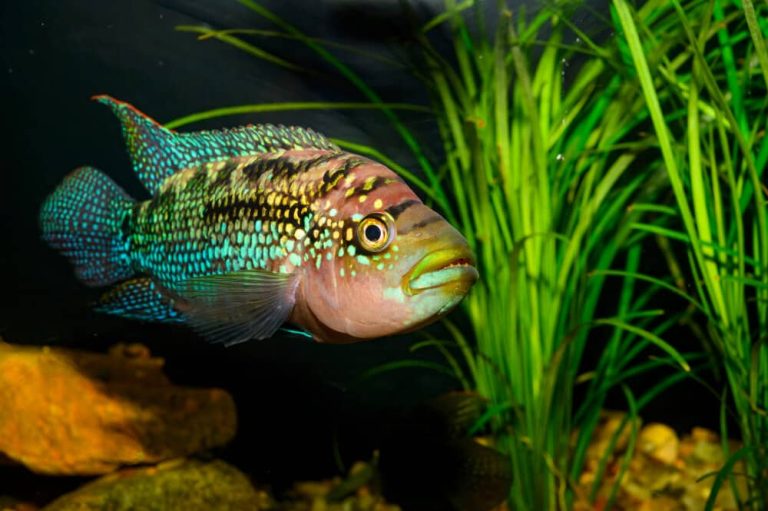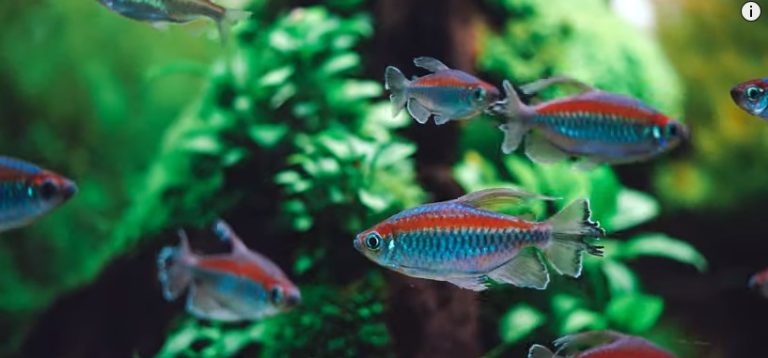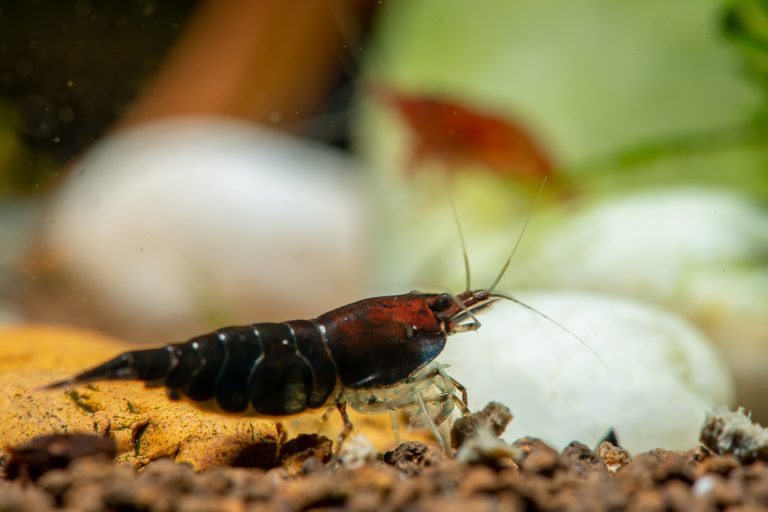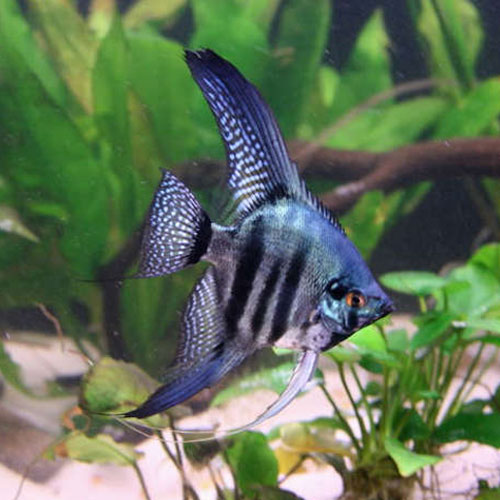Goldfish With Parasites
Goldfish are a popular and beloved pet for many people. They are known for their vibrant colors, graceful swimming, and ability to bring joy and tranquility to any aquarium. However, like any living creature, goldfish can sometimes fall prey to various health issues, including parasites. Parasites can not only cause discomfort and distress to the fish but can also be potentially harmful to their overall well-being. In this article, we will explore the topic of goldfish with parasites, including the types of parasites that can affect them, the symptoms to look out for, and how to effectively treat and prevent parasite infestations.
Types of Parasites that Affect Goldfish
Goldfish can be susceptible to different types of parasites, some of which are more common than others. Here are a few parasites that can affect goldfish:
1. Ich (Ichthyophthirius multifiliis): Ich is one of the most common and well-known parasites that can affect goldfish. It presents itself as white spots or grains of salt on the fish’s body, fins, and gills. Infected goldfish may exhibit signs of irritation, such as scratching against objects in the aquarium.
2. Flukes (Monogenea): Flukes are another type of parasite that can affect goldfish. They are flatworms that can attach themselves to the fish’s skin, fins, and gills. Infested goldfish may display symptoms such as excessive mucus production, redness, or inflammation.
3. Anchor Worms (Lernaea): Anchor worms are visible parasites that can be seen on the goldfish’s body. They appear as thread-like worms protruding from the fish’s skin. Infected goldfish may show signs of irritation, such as rubbing against objects or flashing.
4. Gill Mites (Dactylogyrus and Gyrodactylus): Gill mites are microscopic parasites that can infest the gills of goldfish. They can cause difficulties in breathing, reduced appetite, and lethargy in affected fish.
Symptoms of Parasite Infestations
Detecting the presence of parasites in your goldfish is crucial for timely treatment. Here are some common symptoms to look out for:
1. *Visible signs of parasites: Keep an eye out for any physical signs of parasites, such as white spots, thread-like worms, or abnormal skin or fin appearance.
2. Behavioral changes: Infected goldfish may exhibit abnormal behavior, such as scratching or rubbing against objects, flashing (sudden darting movements), or lethargy.
3. Respiratory issues: If your goldfish is struggling to breathe or gasping at the water’s surface, it may be a sign of gill parasite infestation.
4. Loss of appetite: Parasite-infested goldfish may show a decreased appetite or even refuse to eat altogether.
5. Abnormal swimming patterns: Observe if your goldfish is swimming erratically, tilting to one side, or having difficulty maintaining balance.
If you notice any of these symptoms or suspect that your goldfish may have parasites, it’s essential to take prompt action to prevent further complications.
Treatment and Prevention of Parasite Infestations
Successfully treating parasite infestations in goldfish involves a multi-step approach. Here are some effective methods:
1. Quarantine: If you suspect that your goldfish has parasites, move it to a separate quarantine tank to prevent the spread of parasites to other fish in the main aquarium.
2. Medication: There are several medications available specifically designed to treat goldfish parasites. Follow the instructions provided by the manufacturer, and be sure to treat the goldfish for the full recommended duration to ensure complete eradication of the parasites.
3. Water quality maintenance: Maintaining high water quality is essential for the overall health of goldfish and prevention of parasite infestations. Regularly test the water parameters and perform partial water changes to keep the aquarium environment clean and suitable for your goldfish.
4. Proper nutrition: Providing a balanced diet and maintaining good nutrition can help boost the goldfish’s immune system, making them more resistant to parasite infections. Consult with a veterinarian or fish specialist to ensure you are feeding your goldfish a suitable diet.
5. Regular observation: Keep a watchful eye on your goldfish for any signs of distress or illness. Frequent observation allows you to detect any potential problems early on and take appropriate action.
6. Avoid introducing infected fish: If you are adding new fish to your aquarium, make sure to quarantine them and observe for any signs of parasites before introducing them to your existing goldfish.
By practicing good aquarium maintenance, providing proper nutrition, and promptly addressing any potential parasite issues, you can help keep your goldfish healthy and thriving.
Frequently Asked Questions
1: Can goldfish parasites affect humans?
Generally, goldfish parasites are species-specific and do not pose a direct threat to humans. However, it is always a good practice to maintain good hygiene, such as washing hands thoroughly after handling fish or aquarium equipment.
2: How long does it take to treat goldfish parasites?
The duration of treatment can vary depending on the type and severity of the parasite infestation. It is essential to follow the recommended treatment course specified by the medication manufacturer and ensure complete eradication of the parasites.
3: Are there any natural remedies for goldfish parasites?
While there are some natural remedies suggested by some fish enthusiasts, it is recommended to consult with a veterinarian or fish specialist for the most effective and reliable treatment options. Natural remedies may not always provide the desired results.
Final Thoughts
Parasite infestations can be a concerning issue for goldfish owners. However, with proper care, observation, and timely treatment, it is possible to keep your goldfish free from parasites and ensure their overall health and well-being. Remember to maintain a clean and healthy aquarium environment, provide a balanced diet, and seek professional advice when needed. By doing so, you can enjoy the beauty and companionship of your goldfish for years to come.
